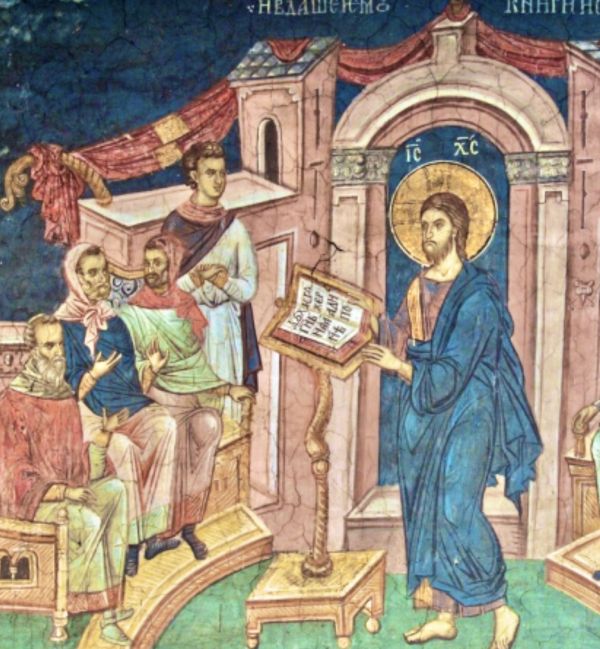Chapter thirteen of Matthew's Gospel highlights the rejection of Jesus by the inhabitants of Nazareth.
The Lord is amazed at the unbelief found in his homeland and the contempt reserved for him, so much so that he cannot perform any wonders there.
Like Jesus, so is his disciple.
Following in Christ's footsteps, Francis of Assisi too would have wished that the people of his time had been builders and choristers of other dreams.
But in his life he met (and with him his friars) men in whom often dwelt the inability to recognise the figure of the divine in the human.
A hardness that went hand in hand with that contempt for the prophetic and tended to nullify what was revolutionary in the spirit of the Poverello: the happy intuition of the valorisation of the person.
We find in the authoritative Sources:
"If Guido [a benefactor] treated them with such regard, others instead covered them with contempt. People of high and lowly status mocked and maligned them, even to the point of stripping them of their miserable garments.
The servants of God remained naked because, according to the evangelical ideal, they wore nothing but that one piece of clothing, and moreover they did not demand the return of what was taken from them [...].
Some threw mud on them; others put dice in their hands, inviting them to play; still others, grabbing them from behind by the hood, dragged them on their backs.
These and other such wickednesses were inflicted on them, because they were thought to be such mean beings, that they could be scrambled at will.
Together with hunger and thirst, with cold and nakedness, they endured tribulations and sufferings of all kinds.
But they bore everything with imperturbable patience, according to the admonition of Francis" (FF 1444).
«There is no prophet despised except in his own country and his own house» (Mt 13:57)
No longer a local child:
Son of Pietro di Bernardone (rich merchant) and Monna Pica, Francis had left all worldly and local affiliations to follow Christ and his Word.
For this he and his brothers were mocked and sidelined by the arrogance of many, incredulous towards the model of life that their witness provided.
We read in the Sources about Francis:
"The Spirit of the Lord who had anointed and sent him, assisted his servant Francis, wherever he went Christ himself, the power and wisdom of God, assisted him" (FF 1210).
Despite the little faith of the bystanders Jesus so conformed him to himself that he relived all his mysteries in his flesh.
Friday 17th wk in O.T. (Mt 13,54-58)












